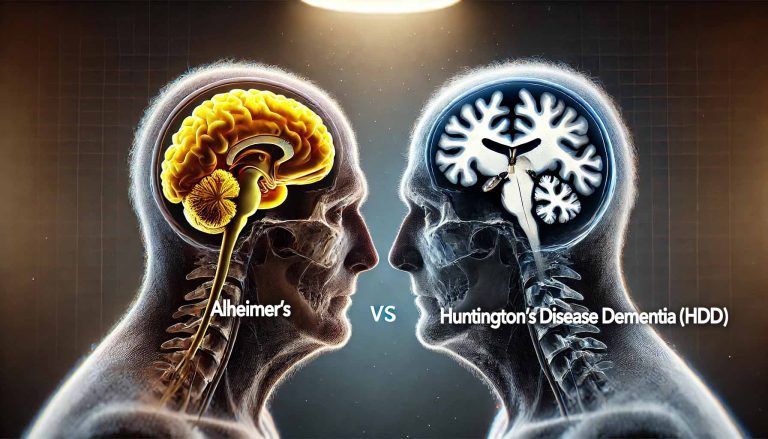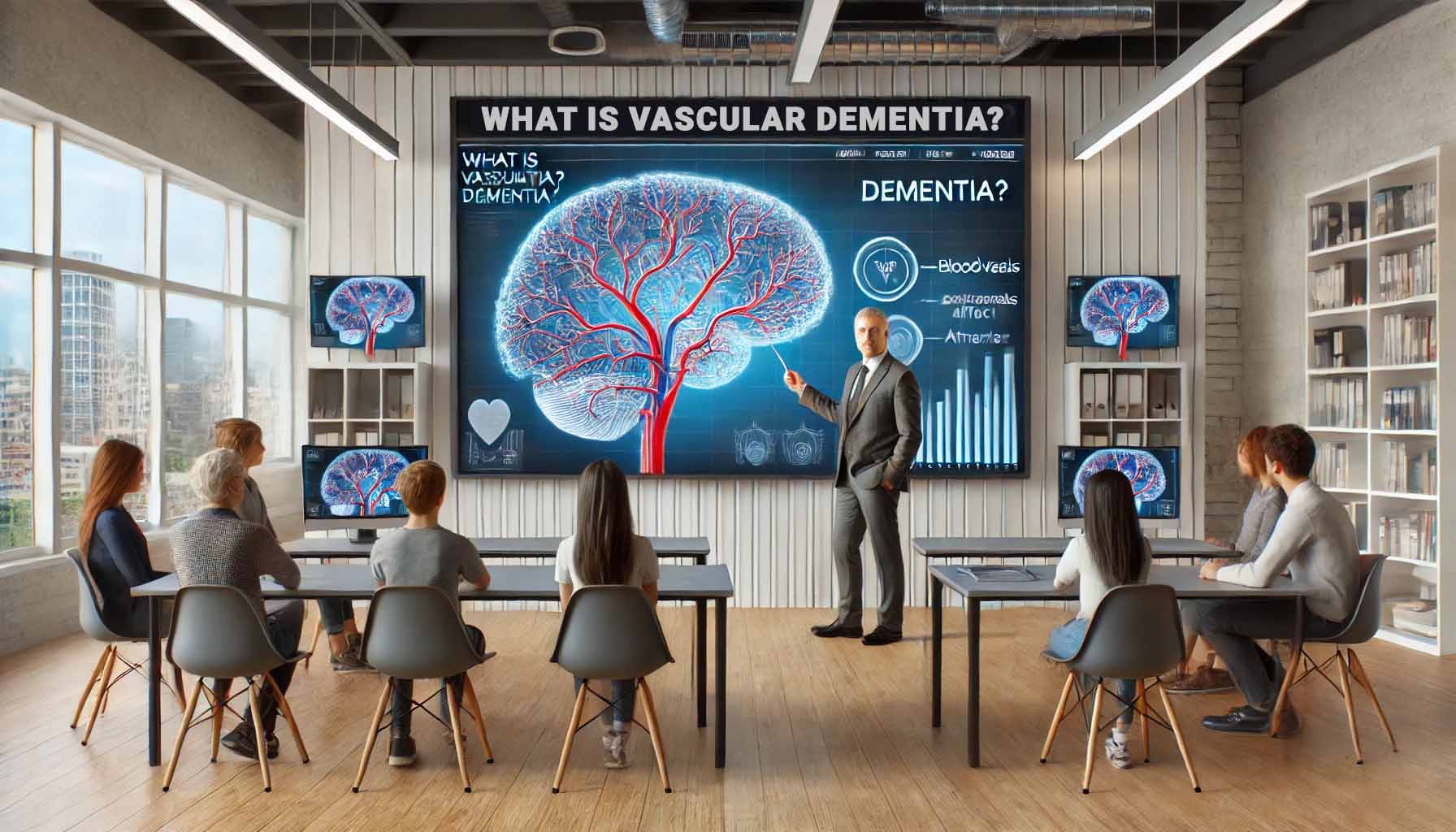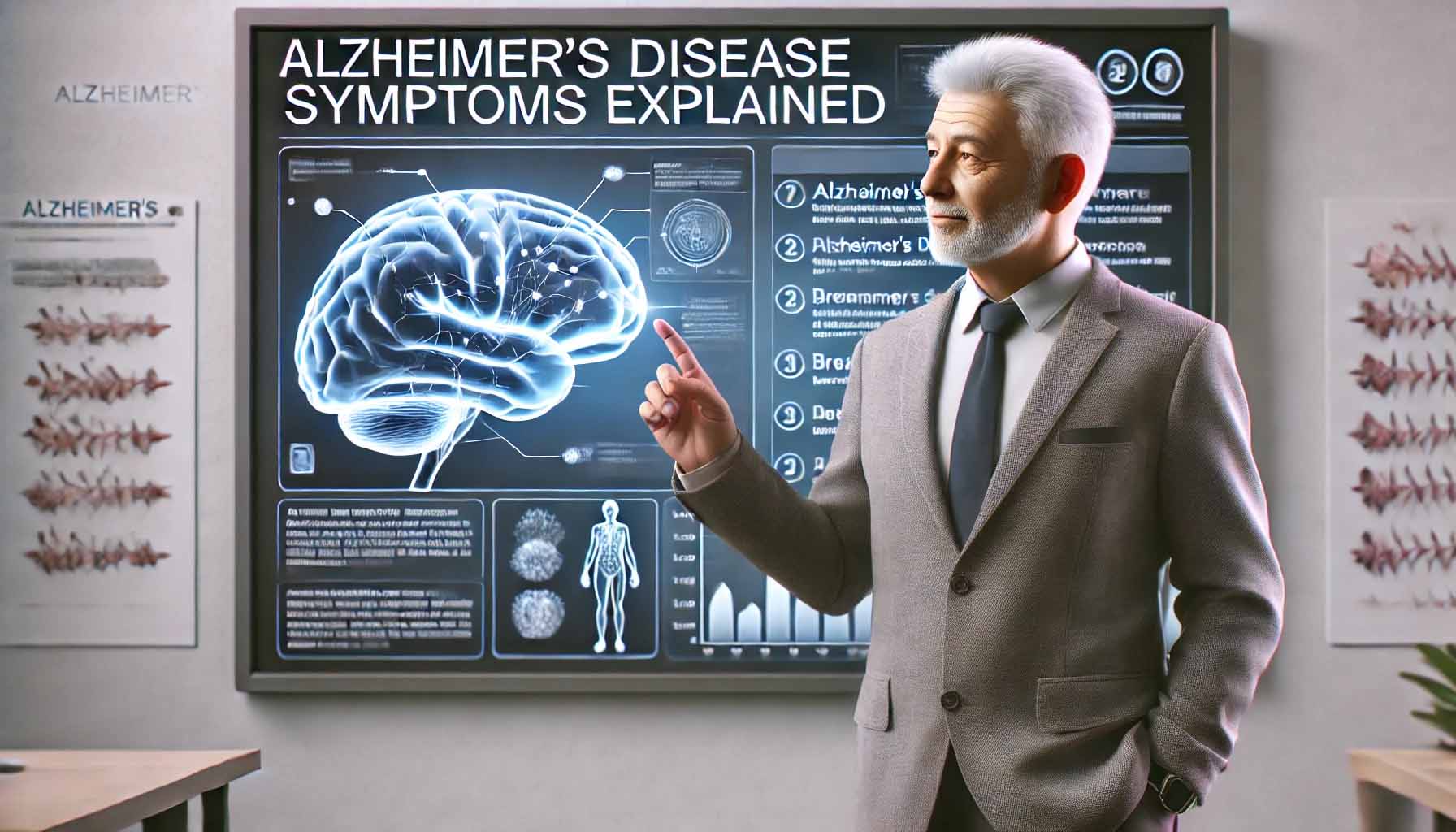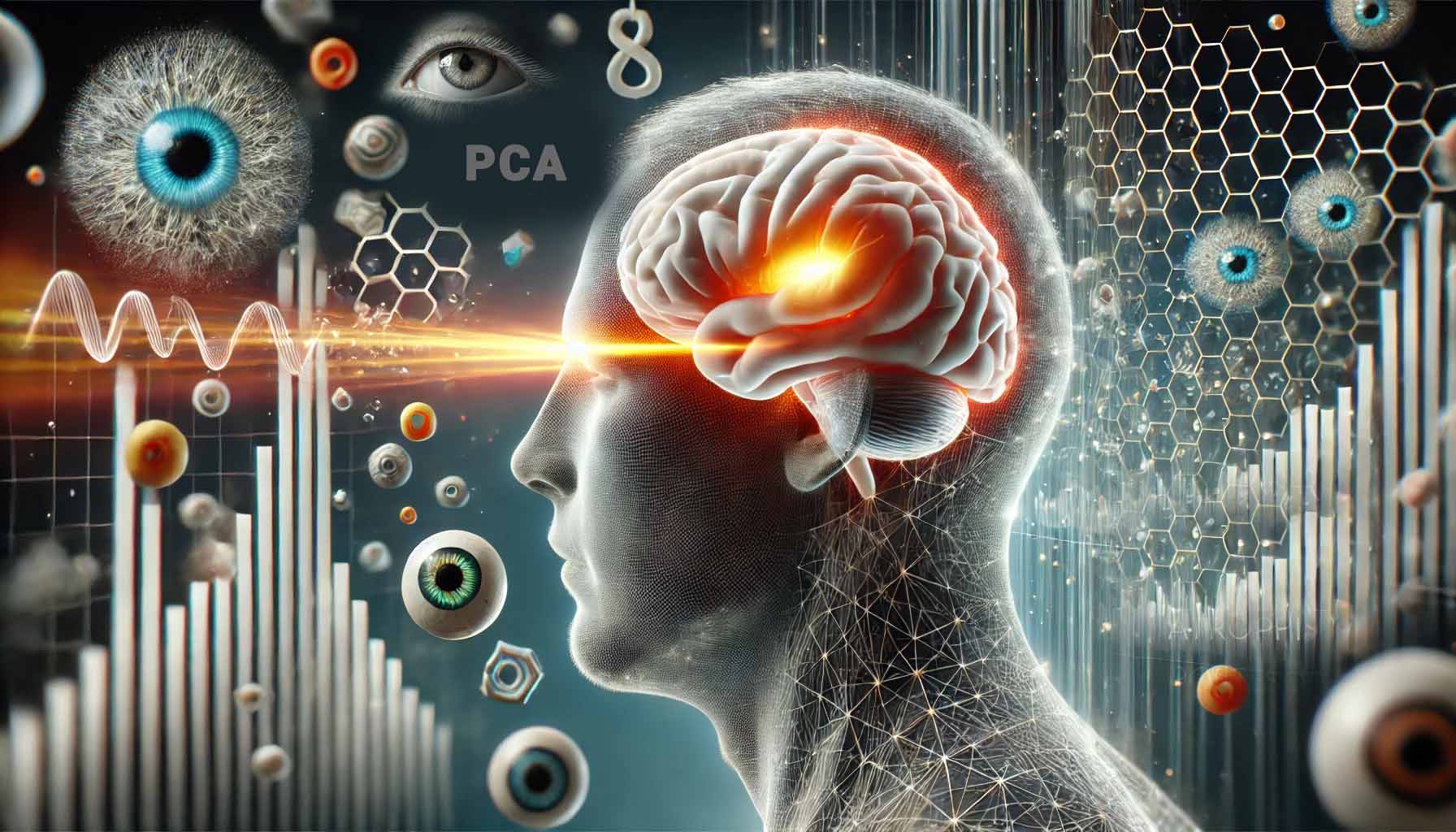Start Screening at Age 45
We Can Now Treat The #1 Alzheimers Risk Factor Like We Treat High Cholesterol.
You don't wait for a Heart Attack to check your Cholesterol... So don't wait for Memory Loss to check your BAT Levels.
Covered by Most Insurance Carriers




